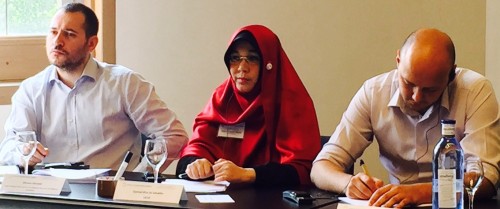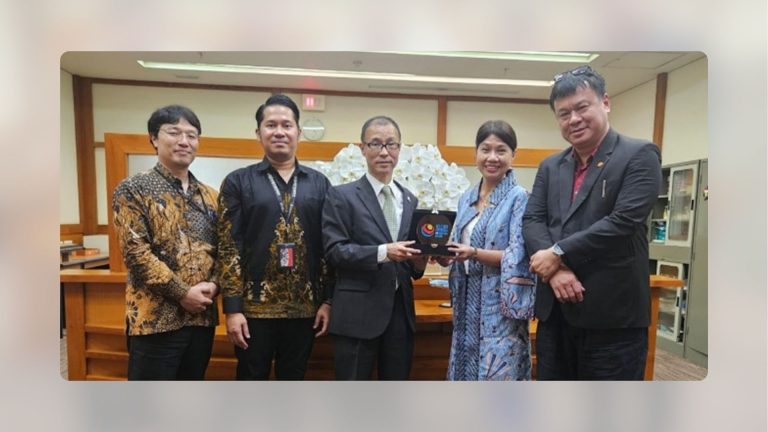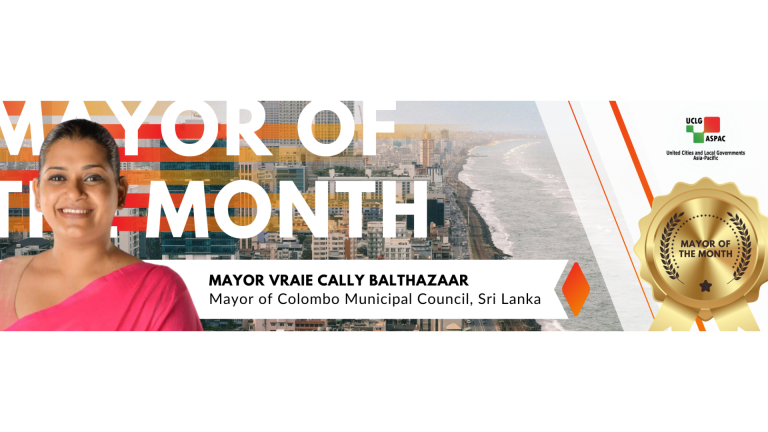BANDA Aceh’s Mayor Illiza Sa’aduddin Djamal, was invited to be one of the speakers at the Global Urban Consultation, co-hosted and supported by the World Humanitarian Summit (WHS), United States Agency for International Development (USAID), UN-HABITAT, Global Communities, International Rescue Committee (IRC) and Department for International Development (DFID), and Global Communities from 22-23 June 2015 in Barcelona, Spain.
The Mayor explained about the Disaster Risk Reduction strategy implemented in Banda Aceh after the 2004 tsunami.
The tsunami caused several problems to the population:
- Massive destruction, which forced the local government to temporarily cease working. This made it harder to deliver aid to victims.
- Complexity of needs of survivors and people affected, especially among women and children. The local government must strive to be more prepared in accommodating special needs.
Having experienced such a catastrophic situation, the government decided to find solutions to better prepare the city in case of another disaster.
Banda Aceh has adopted the Hyogo Framework’s disaster management cycle, consisting of mitigation, preparation, response and recovery. A Coordination with NGOs as well as with local governments is crucial in the process of developing a conscious society, ready to help in case of disaster. At the same time women and children must be integrated and seen as essential in the process involving city development.











